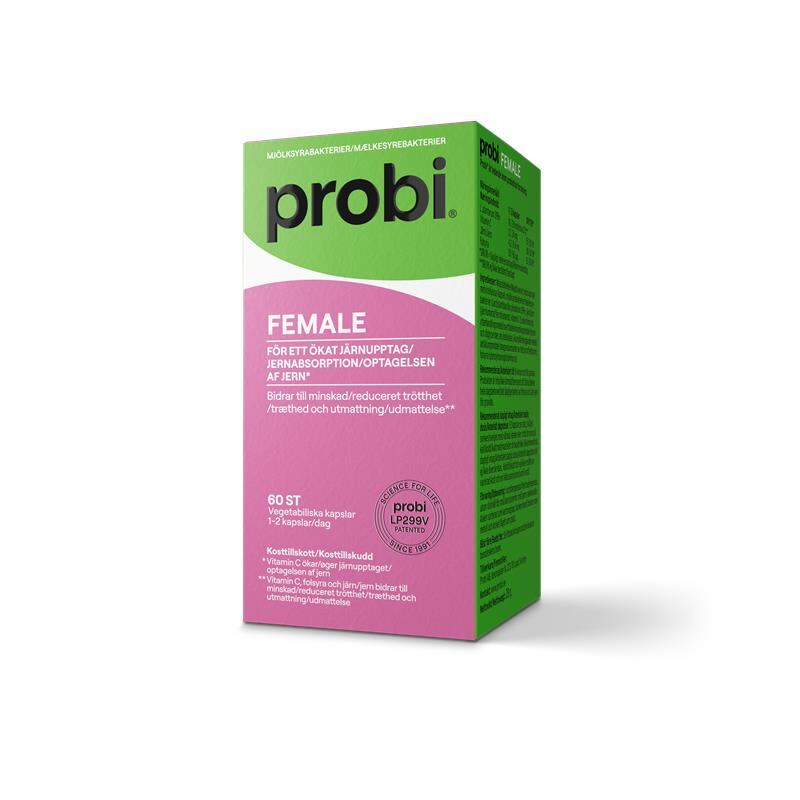A significant 85% of UK women say they feel comfortable talking about typically taboo health concerns with health professionals, but 84% do not feel listened to by their health care providers, according to the 2021 ‘Women’s Health Let’s talk about it’ UK government survey.
Whether addressing menstruation, infertility, pregnancy or menopause, Alexandra Boelrijk, global vice president R&D at Kerry Ingredients, believes it is time to raise awareness of nutraceutical solutions across life stages.
“There’s a huge appetite for knowledge, and there are many opportunities for nutritional ingredients to support them, yet the health professionals either aren’t aware of or aren’t considering these options to support patients,” she told NutraIngredients.
Speaking ahead of her appearance at the Nutra Healthspan Summit (NHS) next week (Nov. 12 to 13), Boelrijk previewed several key aspects of women’s health on the agenda.
She noted that mastitis, a painful inflammatory breast infection common among breastfeeding, frequently results in the cessation of breastfeeding.
“Women are typically given guidance to improve breastfeeding with painkillers and with antibiotics in severe cases,” she said. “Yet often the pain persists, or mothers avoid medication that could reach the baby through breast milk, leading them to stop breastfeeding earlier than they want to.”
She added that 80% of mothers will stop breastfeeding before they want to and highlighted clinical evidence demonstrating that Kerry’s Lactobacillus fermentum probiotic reduced mastitis incidence by 51%. Mothers who consumed the probiotic also reported faster resolution of symptoms and improvements in emotional well-being.
The R&D expert will co-host a women’s health breakfast briefing on the second day of the summit, where she will outline the significance of this market.
“Three hundred million people across the globe at any given time are menstruating," she said. “We know there are physical and psychological issues that come with this yet often women are told just to carry on and they will be fine, but there are a lot of ways we can support them.”
And beyond fertile years, Boelrijk noted that more than one billion women worldwide are going through a stage of menopause (pre, during or post).
“That’s more than 12% of the population,” she said. “Many women actually spend more of their life in this phase of life than they spend in pre-menopause! And 80% of them will experience symptoms.”
As an adaptogen, ashwagandha has been used for centuries to reduce stress and support overall health. Kerry Ingredients’ Sensoril ashwagandha is clinically backed to reduce several of the symptoms associated with menopause symptoms.
Future lies in female microbiome
Boelrijk explained that Kerry is particularly focused on the potential of both botanicals and biotics to support women’s health.
“The female microbiome is an area that’s still very much white space,” she said. “We know the microbiome impacts hormone metabolism, and estrogen plays an important role within a number of women’s common health concerns. We think there’s a lot still to discover with pre, pro and postbiotics and there’s a lot of consumer education to be done too.”
Joining Boelrijk on stage for a panel discussion will be Lucy Goff, founder of premium women’s health brand Lyma Life and Alice Ko, Investment Partner at Joyance.
Ko agrees that the microbiome will be an area to watch in the coming years. Another key topic on her mind is the GLP-1 trend and how nutraceutical brands can deliver natural alternatives with additional benefits.
“We know the GLP-1 agonist drugs can lead to reductions in muscle mass, and this is a concern for women as they age. I’m very interested in looking for companies that could help solve that concern.”
Interested in joining this discussion? Nutra Healthspan Summit ticket holders can join but need to register to attend the breakfast briefing to reserve their slot.





